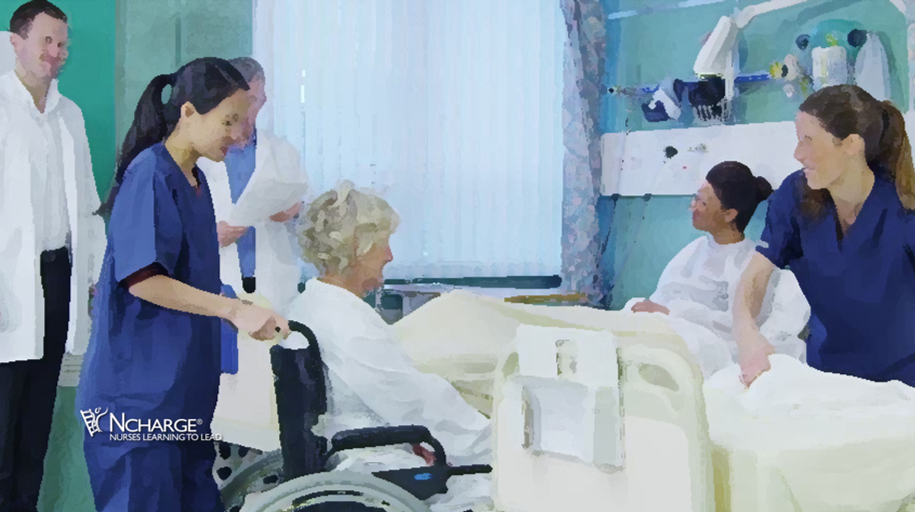There is an art to properly delegating the use of nursing Assistive Staff (Unlicensed Assistive Personnel), your healthcare workers who assist in patient care activity under the delegation of a nurse. Nurses need to be clear with expectations on how to use them, and some nurses decline to delegate tasks if they are responsible for the outcome, they prefer to do the task themselves. Unfortunately, when nurses do not delegate tasks that other assistive staff can perform, it negatively affects the quality of patient care and ultimately mismanages resources.
Consistency in delegation is important. For example, consider the confusion that may occur in a unit if one nurse expects Assistive Staff to perform a particular task, and another nurse becomes upset when the staff performs this same assigned task. Make sure your unit is consistent on proper roles of Assistive Staff, keeping in mind all units are different. But even a perfectly written set of rules and processes won’t ensure you are maximizing your Assistive Staff, if nurses and staff don’t understand expectations and don’t communicate well – here is what to teach your nursing unit to ensure nurses are comfortable maximizing their assistive staff, and know how to get positive outcomes:
Have a positive attitude. People like to be respected for their contributions at work, and words and actions can communicate appreciation for doing good work.
Establish good working relationships with two-way communication. Be sure nurses know how to listen attentively and remain attentive to details to encourage the flow of important information.
Clarify availability. Delegation works best when caregivers are assigned to a specific nurse rather than to a group of patients. Nevertheless, Assistive Staff may receive multiple requests from different people at the same time. Minimize conflicts in delegation by assigning tasks within a reasonably structured time period and by checking with other nurses to coordinate utilization. If Assistive Staff are overwhelmed by simultaneous requests from several nurses, a mechanism such as coordination by a charge nurse may be helpful.
Be cognizant of how directions are provided. A harsh approach is often perceived as offensive. A more effective style is to frame direction as a request; for example, asking, “Could you please give the patient a bedpan?” Use plain language and be fair, while avoiding technical jargon that could lead to confusion.
Define what needs to be done, who does it, how and when. For complex tasks, include reportable instructions and rationale. Don’t leave assistants with vague directions, such as “Let me know if you need anything.” Instead of saying, “Check on the patients and see how they’re doing,” it is much clearer to state, “Please tell me if blood glucose readings are below 60.” Finally, distribute undesirable tasks equally among staff, so work distribution seems fair. And clearly indicate priorities, failure to do so could mean Assistive Staff may not recognize critical incidents from routine incidents.
Check for Assistive Staff comprehension. Don’t assume that communication is better understood than it is. Follow up with a confirmation statement, such as “Please repeat the assignment back to me,” rather than a “does that sound good?” Reinforce accountability by checking back personally with the Assistive Staff. If you observe consistent problems with a particular staff member, examine the current reporting structure of the unit to ensure conflicting messages are not being communicated to the staff.
Give and receive feedback. Provide timely, honest, specific feedback. Be positive when appropriate. Ask your Assistive Staff for feedback — for example, “How did Mr. Smith respond to … ?” Ask for feedback; feedback provides opportunities for professional development and builds a sense a better team culture.
RNs, Risk, and the UAP, ANA:The Nursing Risk Management Series, Karen Ballard, MA, RN, and E. Joyce Gould, MS, RN
Preparation, Roles, and Perceived Effectiveness of Unlicensed Assistive Personnal, Bonita Jenkins, EdD, RN, CNE and JoAnne Joyner, PhD, RN, PMHCNS-BC
The Role of Unlicensed Assistive Personnel in the Care of Women and Newborns; Association of Women’s Health, Obstetric and Neonatal Nurses, February 2016
